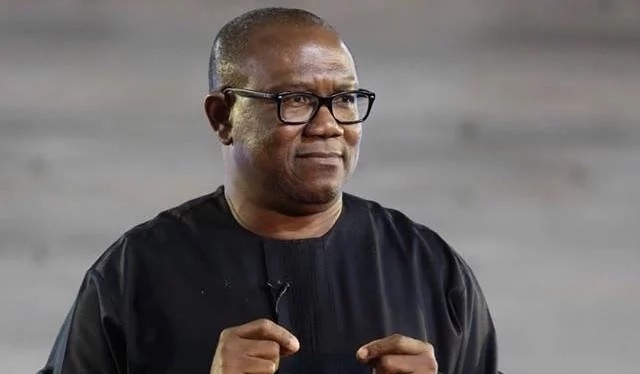

The politics of Nigeria is often that which excludes the Igbo people in the national scheme of things. It is often tilted against them in such a way that they are beaten psychologically in order to feel worthless.
When few members of the Igbo community commit a crime, it is always pinned on the whole ethnic group to further diminish them. Despite that Igbo sons and daughters strive to become the best around the world; the worst is attributed to the ethnic group.
There was a time Igbo people were ashamed to be seen as Igbo. They were accused of being tribalistic to the extent of shaming them in speaking their language. That psychological manipulation was getting traction until they began to be aware of the several ways they were being defeated, post war.
The efforts of the sons and daughters making waves across the world, who bring along with them good name and excellence promote the Igbo and advance how they are perceived around the world.
Every society has good and bad citizens.
Ndị Igbo have watched what has been going on and rose to change such narrative.
In this electioneering period, Mr. Peter Obi, has promoted the Igbo people largely in good light both in his approach to the campaign and his antecedents while in the office as a governor.
Through Peter, the world could see that the Igbo people are not all corrupt and bad. It is a positive feeling and the start of a new narrative.
In just a few months, Peter Obi, the phenomenal salesman has changed the status quo of Nigerian politics. From a fringe candidate to the front runner because of his character and approach to governance. He has trail-blazed the politics of the 2023 election in a manner that confounds the established politicians.
With Obi on the saddle, and when he wins and performs as he is expected to perform, he will not only heal the psychological defeat of the Igbo people, they will be very proud of their Igbo names.
Read Also: Peter Obi: The underdog and leader of the third force
As he traverses across the country and crossing every bridge and stumps mounted for him, as he is on the lips of almost every Nigerian who believes his presidency will begin to heal the disunity of the country and lay the foundation of a new Nigeria, Peter has carried on his shoulder the hopes and aspirations of Nigerians who want to have a stake in the governance of the country.
Not only that Peter is marketing the Igbo, he is marketing Nigeria as a place where there are also less corrupt people who run transparent government.
The idea of saving money and executing projects at the same time is not only unheard of but was practiced by Peter. Many politicians do not grasp such possibility. They are used to looting the resources. Saving and delivering on development are good lessons to be studied and referenced at least, across Africa.
The New Partnership for Africa’s Development (NEPAD), an economic development programme of the African Union highlighted such factors as bad governance, corruption, and conflicts as responsible for Africa’s underdevelopment. Corruption leads to bad governance and conflicts. While Peter is projecting himself as less corrupt, he is promising good governance, providing leadership and fighting conflicts. His success when he becomes the president will be a shining star across the continent being retarded with bad governance, corruption and conflicts.
Peter has sent a signal of light in the politics of Africa where public office holders should learn to serve the people rather than to loot the people’s treasury.
People across the continent await Peter’s win.
If providence smiles on him, his presence as Nigerian president will positively affect a society that has come to normalise corruption and bribery. His presence will also positively boost the morally decadent society. Sanity is expected to flush the chaos. Rule of law will outshine insecurity. People will work and cherish the production of their hands and security of life and property will take over the fear in people’s minds.
Not only is he a phenomenal ambassador for the Igbo, Nigeria and Africa, his politics, which is already changing the political dynamics of Nigeria, will further change the ethics of governance and will be worthy of emulation.